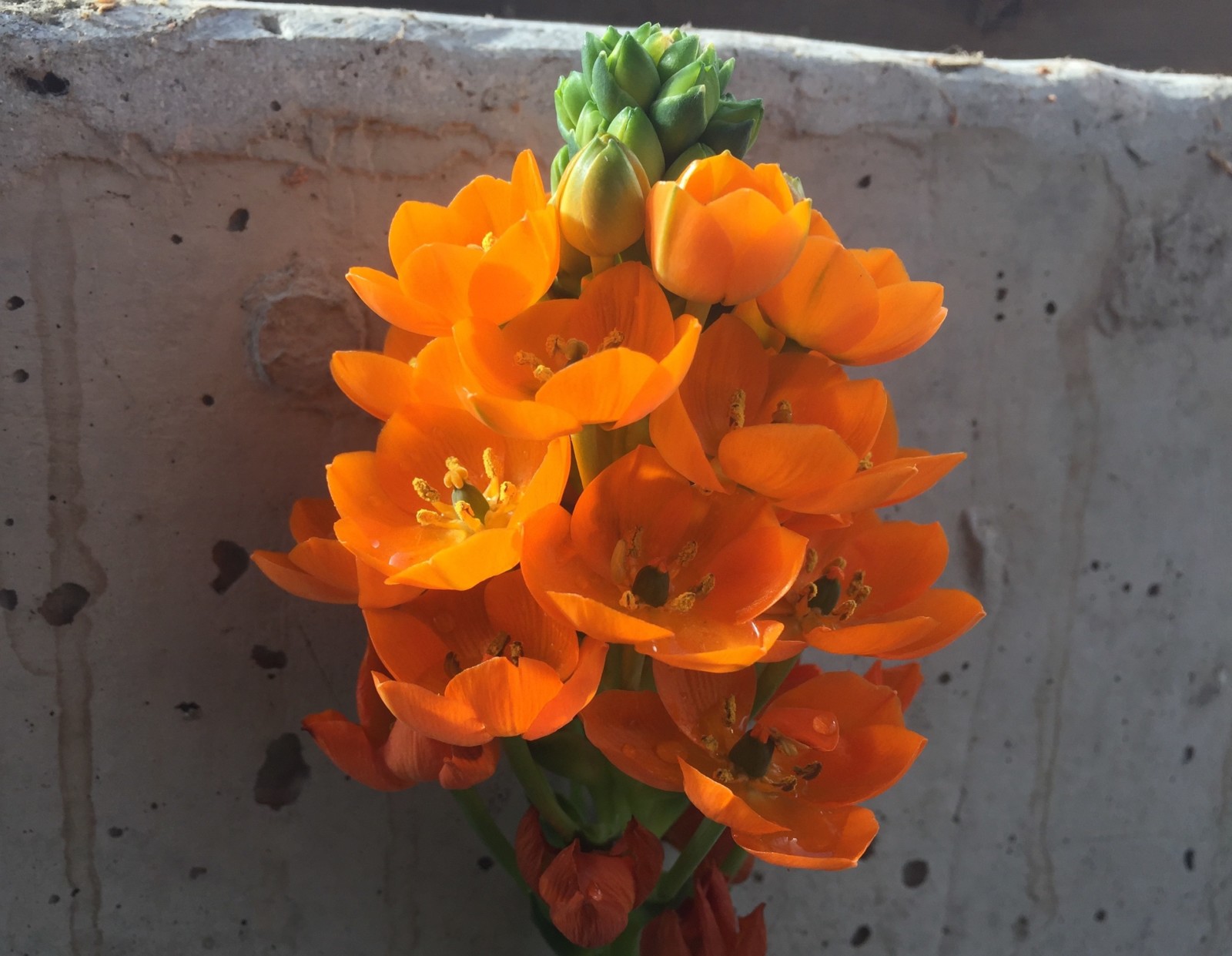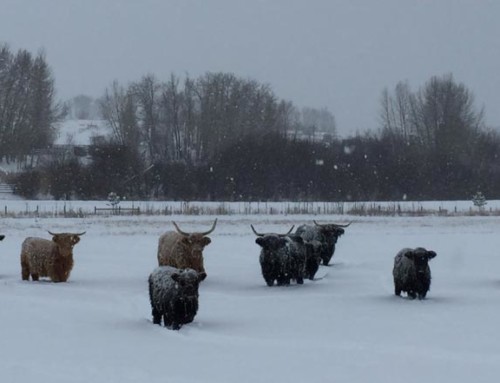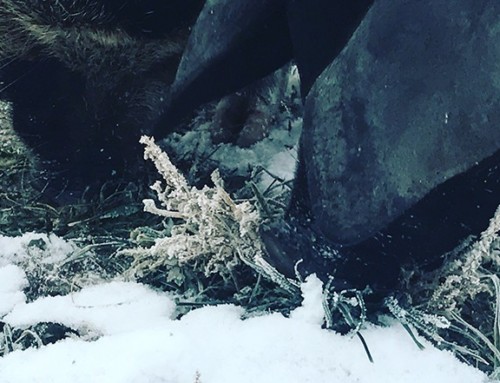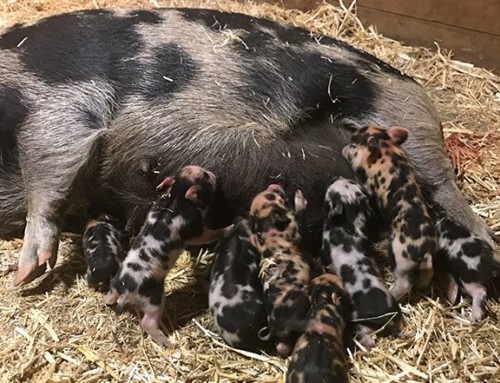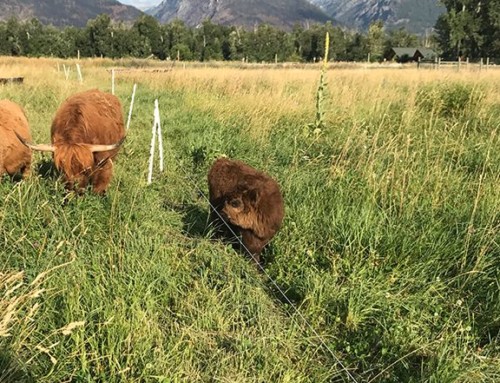2nd Monday Genre: Reflection
———
“Firewood becomes ash, and it does not become firewood again. Yet, do not suppose that the ash is future and the firewood past…They are like winter and spring. You do not call winter the beginning of spring, nor summer the end of spring.”
—Dogen
Another spring is here. Last week was my first day on loan from the Farm (ABC acres) to the Ranch (Dunrovin). I spent the day prepping the greenhouse. I did a final cleaning, took stock of materials and tools available, and I found out how to turn on the water. By the time the day was over I was finally ready to get started. This week, I will be setting seed trays for this year’s garden. At both the Farm and the Ranch, I’m beginning to see something in the repetitious newness of growing—nature’s seasons—that I never full appreciated or understood while participating in the measured cadence of semesters—the season of education. Fall and Winter semesters came and went over and over again but I see now that I always had some endpoint in mind: earning a degree, landing a job, starting a new life. I spent my time in academia ticking off the seasons as a child ticks the days off a calendar, eager for a special event in the future, impatient with Today, ignorant of the fact that the thing I was waiting for would also end.
Like all of us, I was raised in a culture that valued discreet milestones—degrees, life changes, etc.—as the marks of success, achievement, and legitimacy. These were the things I could talk about at parties or family gatherings. They were proof that I was doing something valuable with my time. By acquiring these things I proved that I mattered. These milestones were meant to be, for all intents and purposes, permanent.
Once achieved, however, how will we maintain our successes? What is the relationship between permanence and meaning? How does something’s longevity connect to our sense of value? For example, a tool is considered of cheap if it breaks after the first couple of uses. By contrast, a flower that blooms only in the morning for a single week a year is considered beautiful. Similarly, the plant starts that I am putting in the seed trays this week will all be withered and exhausted in six months. Does my knowledge of this fact lessen the meaning, the value, of these plants? Does their inherent impermanence detract from the work I’m doing with them today? Does it detract from the work I will do in Spring 2017 or Spring 2018, and on and on for as long as I am able? Obviously not.
Ultimately, at the heart of my learned definition of permanence is the fact that I’ve seen it as synonymous with security, dependability, perhaps even “bankability” or the ability to store something and call on it at any point in the future. Given this perspective of permanence, what would be its opposite number? The easiest answers also seem the most shallow and incomplete: chaos, flightiness, unreliability. I believe there is more to it, inasmuch as a refiguring of permanence does not have to automatically mean descending into meaninglessness and hopelessness.
Currently, I working at relearning my approach to permanence through the promise of change. I’m working at embracing the cyclical nature of the seasons without assigning them value based on a future endpoint. I’m working at accepting the flows of giving and taking rather than trying to fix things in my mind and my heart, as flowers suspended in amber. So perhaps, permanence isn’t some thing that is fixed and forever, but instead is something we find when we embrace life’s perennial play of repetition and variation and growth. Maybe permanence is less about the longevity and accumulation of things/objects and more about the persistence of processes. Maybe this is what we can learn from the seeds.
***
text © Andy Engel, 2016

